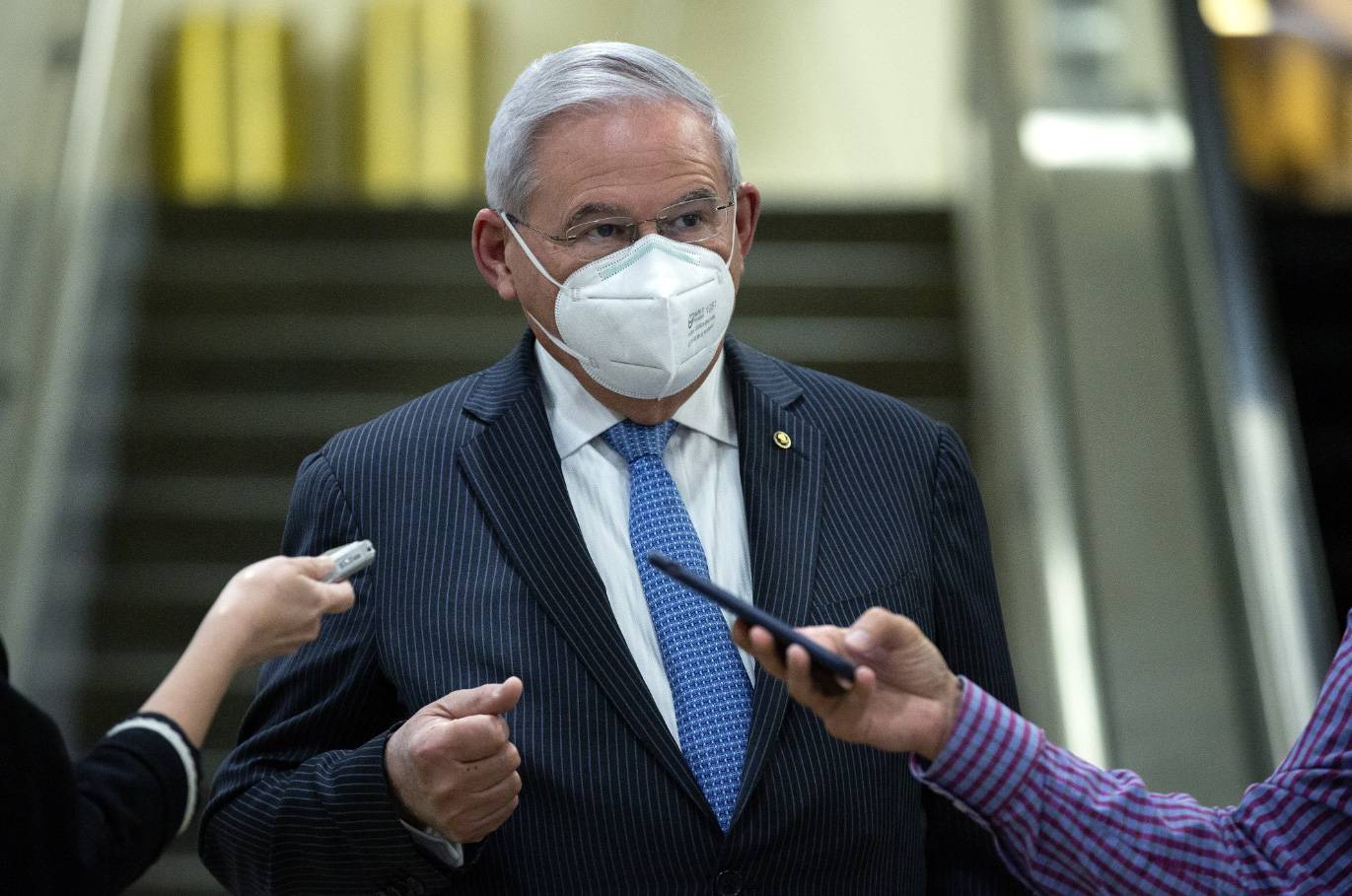The United States has set a new unfortunate record in its problematic COVID-19 response, reporting 38,672 new infections on June 24. The epidemic appears to be spreading most rapidly in the urban centers of conservative states with Arizona, Texas, and South Carolina leading the nation in new infections.
But US President Donald Trump has a plan to radically bring down the number of reported infections: Reducing testing. During a campaign rally in Tulsa on June 22, Trump admitted that he asked his team to “slow the testing down please,” which his new plan to stop federal funding for COVID-19 testing sites clearly reflects.
The real news today is that the U.S. set a record for new cases today: 38,672.
The previous record was April 25 at 36,001. pic.twitter.com/pcFcLUeeKk
— The COVID Tracking Project (@COVID19Tracking) June 24, 2020
Rising cases
Since the start of the US epidemic, the country has reported more than 2.3 million cases and 120,955 deaths, with the coronavirus now claiming more American lives than World War I. The US has so far performed 28.6 million COVID-19 tests, meaning less than 10% of its population has been tested for the virus.
While the initial outbreak in the US was mostly situated on the East Coast with hot-spots in New York, New Jersey, and Connecticut, those states appear to have brought transmission down significantly. But while tightly controlled lockdowns helped curb the spread of the virus in the East, resistance to government measures in traditionally conservative states kept the outbreak from ever concluding its first wave.
Florida, Arizona, Texas, and South Carolina all reported record-high cases while California stood out as another new hotspot, recording 5,019 new cases in a single day. The spread of the virus in populous states like California, which is home to 39.5 million, and Texas, where 29 million people live, means the epidemic is likely still on the increase.
As of June 23: More than 2.3 million #COVID19 cases have been reported in the U.S., with 40 states and jurisdictions reporting more than 10,000 cases. See how many cases have been reported in your state or county here: https://t.co/wiuFBKR3Uh pic.twitter.com/UbfeLUso6m
— CDC (@CDCgov) June 24, 2020
Limiting testing
The Trump administration confirmed on Wednesday, June 24, that it plans to end federal funding for some COVID-19 testing sites, many of which are in hard-hit Texas. The move would end funding for 13 testing sites, seven of which are in Texas. The funding would end on July 1 but four US congresspeople are urging the Trump administration to reconsider.
The four legislators called the move “harmful and irresponsible” in a letter to the Department of Health and Human Services and the Federal Emergency Management Agency (FEMA). “We need the support of Fema now more than ever as our communities and the state of Texas see unprecedented growth in cases of the coronavirus disease,” the congresspeople added.
According to the Guardian, hospitalizations related to COVID-19 have increased by 60% in the last week alone. Limiting testing during a growing epidemic would make it difficult to stop the spread of the coronavirus. According to Senate Minority Leader Chuck Schumer, the Trump administration has $14 billion in available funding for testing and tracing.
The fact that the government chose to defund critical testing sites could easily qualify as less a public health consideration and more a public relations strategy.


